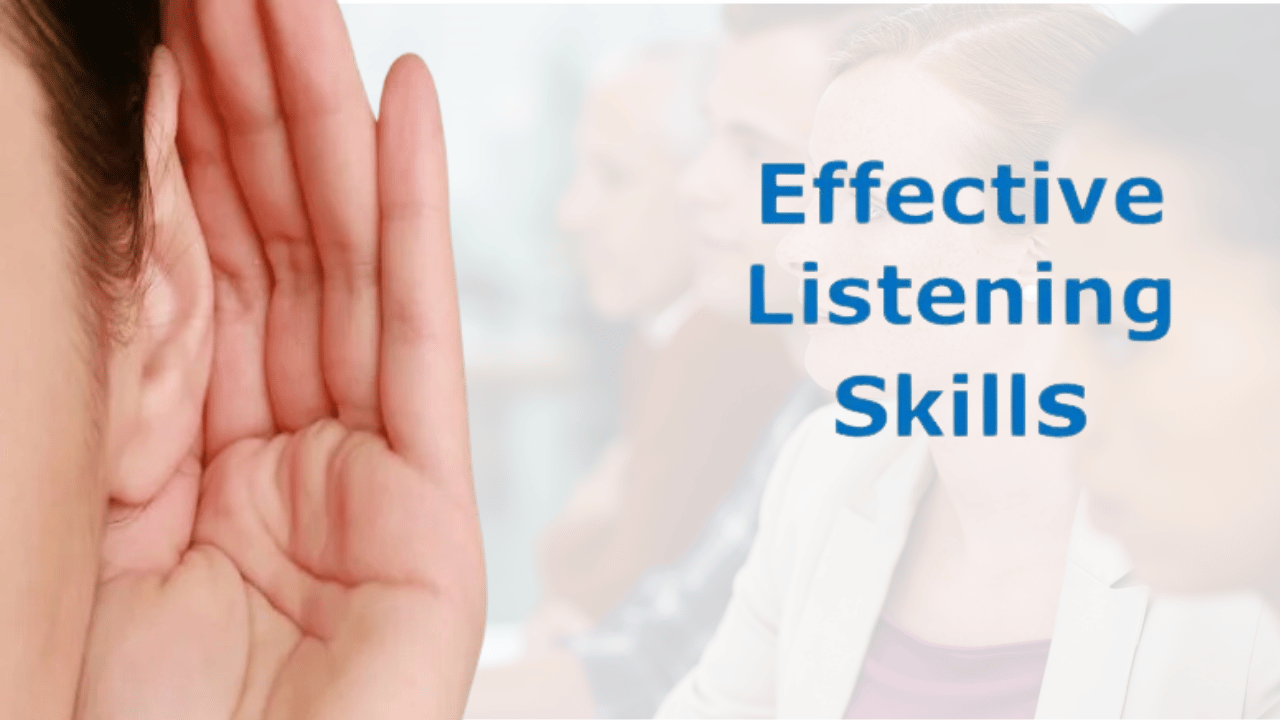
Developing Good Listening Skills
Effective communication is fundamental to building strong relationships, both personally and professionally. While speaking clearly is important, good listening skills are equally crucial. Developing the ability to listen attentively can enhance understanding, foster trust, and improve collaboration. Here are some practical tips to help you cultivate better listening skills.
1. Be Fully Present
To listen effectively, you need to be mentally and emotionally present:
- Eliminate Distractions: Put away your phone and close your laptop. Create a distraction-free environment that allows you to focus entirely on the speaker.
- Maintain Eye Contact: Eye contact demonstrates that you are engaged and interested in what the speaker is saying.
2. Practice Active Listening
Active listening involves engaging with the speaker and responding appropriately:
- Nod and Use Verbal Cues: Show your engagement through nodding and using verbal affirmations like “I see” or “I understand.”
- Paraphrase and Summarize: Repeat back what the speaker has said in your own words to confirm your understanding. For example, “So what you’re saying is…”
3. Avoid Interrupting
Allow the speaker to express themselves fully before responding:
- Resist the Urge to Interject: Wait until the speaker has finished their thought before offering your perspective. This shows respect for their viewpoint.
- Practice Patience: Sometimes, pauses can be valuable in conversation. Give the speaker time to think and respond without rushing to fill the silence.
4. Ask Open-Ended Questions
Encourage further discussion by asking questions that promote deeper thinking:
- Use Open-Ended Questions: Questions starting with “What,” “How,” or “Why” invite the speaker to elaborate and share more insights. For example, “How did that make you feel?”
- Clarify When Necessary: If something is unclear, don’t hesitate to ask for clarification. This demonstrates your commitment to understanding their message.
5. Be Empathetic
Understanding the speaker’s emotions can enhance your listening skills:
- Put Yourself in Their Shoes: Try to understand the speaker’s feelings and perspective. This helps to foster a deeper connection.
- Respond with Empathy: Acknowledge their emotions with empathetic responses, such as “That sounds really challenging” or “I can see why you feel that way.”
6. Limit Judgments and Assumptions
Keep an open mind while listening:
- Avoid Preconceived Notions: Approach each conversation without bias. Be open to new ideas and perspectives, even if they differ from your own.
- Focus on Understanding: Make it your goal to understand rather than to judge. This creates a safe space for honest communication.
7. Practice Reflective Listening
Reflective listening helps ensure that you’ve accurately understood the speaker:
- Reflect Emotions: Acknowledge not only the content of what is being said but also the emotions behind it. For example, “It sounds like you’re feeling frustrated about that.”
- Encourage Further Sharing: Let the speaker know that their thoughts are valued and encourage them to continue sharing their experiences.
Conclusion
Developing good listening skills takes practice and patience, but the rewards are well worth the effort. By being fully present, practicing active listening, and showing empathy, you can enhance your communication abilities and build stronger relationships. Remember, effective listening is not just about hearing words; it’s about understanding the message and connecting with the speaker on a deeper level.







